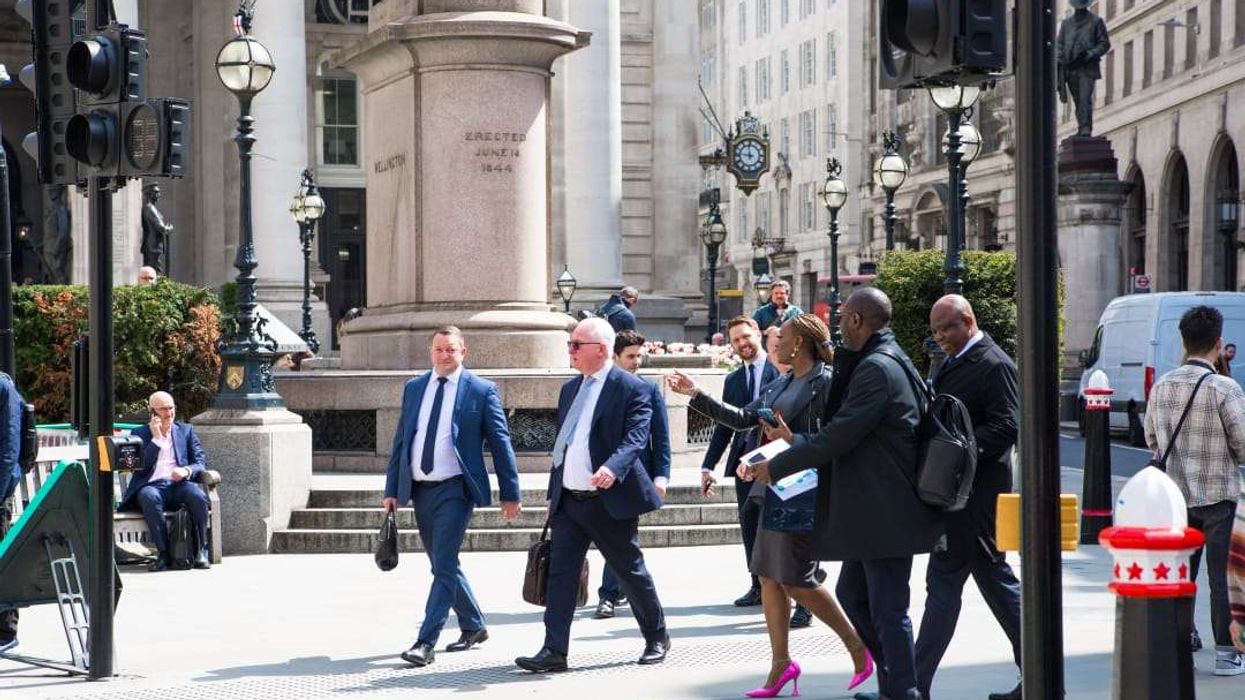The number of Demat accounts rose to 10.4 crores in October 2022, 41 per cent higher than the previous year, owing to the attractive returns generated by the stock markets. Although Demat accounts facilitate investing, they carry a price tag. The charges are low, considering the flexibility to place trades and invest in the markets electronically. However, it is critical to understand these charges. This article aims to cover the various charges levied by brokerage firms and ways to reduce them.
Types of Charges
The rise of electronic trading has led to broader investor participation in the stock market. Trading through Demat accounts has made the stock markets accessible to several new investors. Demat accounts offer numerous benefits, such as quick transaction execution, safe and secure process, no location constraint, easy-to-use platforms and much more. But what are the charges that come along with receiving these benefits? Do more comprehensive plans levy a higher cost?
Let us understand in detail the different charges related to Demat accounts.
1. Demat Account Opening Charges -
When opening a Demat account with a brokerage firm, you must pay nominal account opening charges. In some cases, the depository participant might offer you an option to use the Demat account free of any charges for the first year and start charging from the following year. While seeking to draw concessions in such charges, ensure you get all the additional quality of service offered.
2. Demat Account Transaction Fees -
The transaction fees comprise the charges levied each time securities are credited or debited from the Demat account. Let us take a step back and revisit Demat meaning to understand this better. A Demat account serves as a depository to store your securities in one place. If you purchase new securities, these get credited to your Demat account. Similarly, if you sell any of your holdings, they get debited from your account. Each time when you enter into a transaction, you must pay some specific charges. These comprise the Demat account transaction fees. These charges vary across Depository Participants. While some depository participants may levy charges on each transaction, others may charge a flat fee for an entire month.
3. Demat Account Maintenance Charges -
You must pay an Annual Maintenance Charge (AMC) on your Demat account. These charges are levied annually and may vary across depository participants.
4. Demat Account Safety Charges/Custodian Fees -
Before the start of electronic trading, traders used to carry physical share certificates. It would be the trader's responsibility to maintain these certificates safely. With electronic trading, the depository participants must ensure the securities remain secure. Traders are therefore required to pay a small custodian fee depending on the number of securities in their Demat account.
5. Miscellaneous Charges -
You may have to pay miscellaneous charges for your Demat account, such as to dematerialise/rematerialise your shares, stamp duty, courier charges etc.
Tips To Reduce Demat Charges
Let us understand how we can reduce these charges and still obtain the maximum benefit from the Demat account.
1. Open a Basic Service Demat Account (BSDA) -
If you are not an active trader, you can reduce your account charges by opening a BSDA. These are low-cost Demat accounts defined by the Securities and Exchange Board of India (SEBI) for investors who cannot trade regularly. In some cases, the annual maintenance charges are waived.
2. Discount Brokerage Plans -
You can look for brokerage firms that offer discount brokerage plans. These plans typically charge a flat fee on each transaction independent of turnover. Such plans allow traders to carry out more transactions without paying a considerable amount. Traders seeking to invest in the stock markets regularly can save a fortune by opting for such plans. However, selecting the most suitable plan primarily depends on investor requirements. An investor who wants to trade regularly may prefer a flat transaction fee.
3. Free Account Opening -
Some depository participants offer free-of-cost account opening and may even waive the annual maintenance fee for a specified period.
Conclusion
Advanced technological developments have made it simpler for traders to invest in the stock markets electronically. The exact charges for an investor may vary across depository participants. You must analyse and compare these charges before beginning your investment journey. Ensure you select a comprehensive plan that offers additional benefits and keep a track of these charges to maintain your profitability.
Investments in securities market are subject to market risk, read all the related documents carefully before investing.













